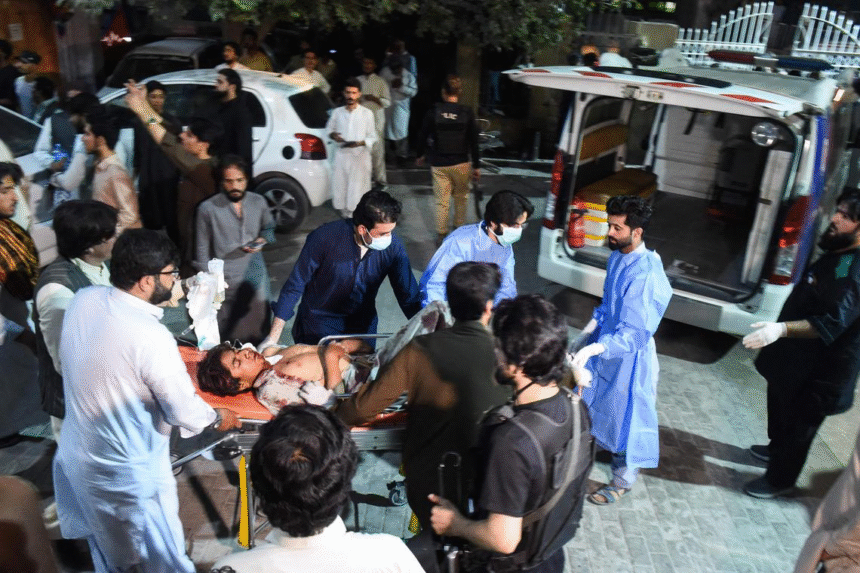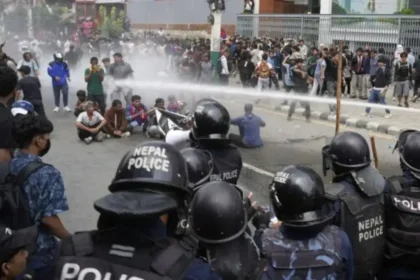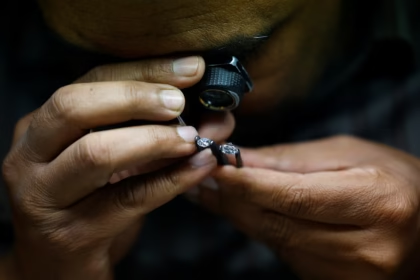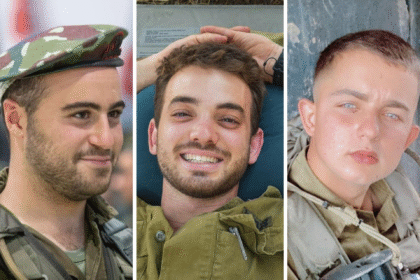Pakistan Blast 2025: Bomb Explosion at Rally in Southwestern Region Kills 11, Injures Dozens
Pakistan Blast 2025: A deadly bomb blast at a political rally in southwestern Pakistan kills 11 and injures dozens. Security forces launch probe into the attack
QUETTA, Pakistan, Sept 2 (Reuters) – A bomb blast killed at least 11 people at a public rally in the southwestern Pakistani city of Quetta late on Tuesday, officials said.
The Islamic State militant group claimed responsibility for the attack in a statement released on Wednesday.
Government official Hamza Shafaat said the rally was held to commemorate the anniversary of the death of Sardar Ataullah Mengal, a nationalist leader and former provincial chief minister.
His son Sardar Akhtar Mengal, who was in attendance, is safe, Shafaat said, adding that another 30 people were injured.
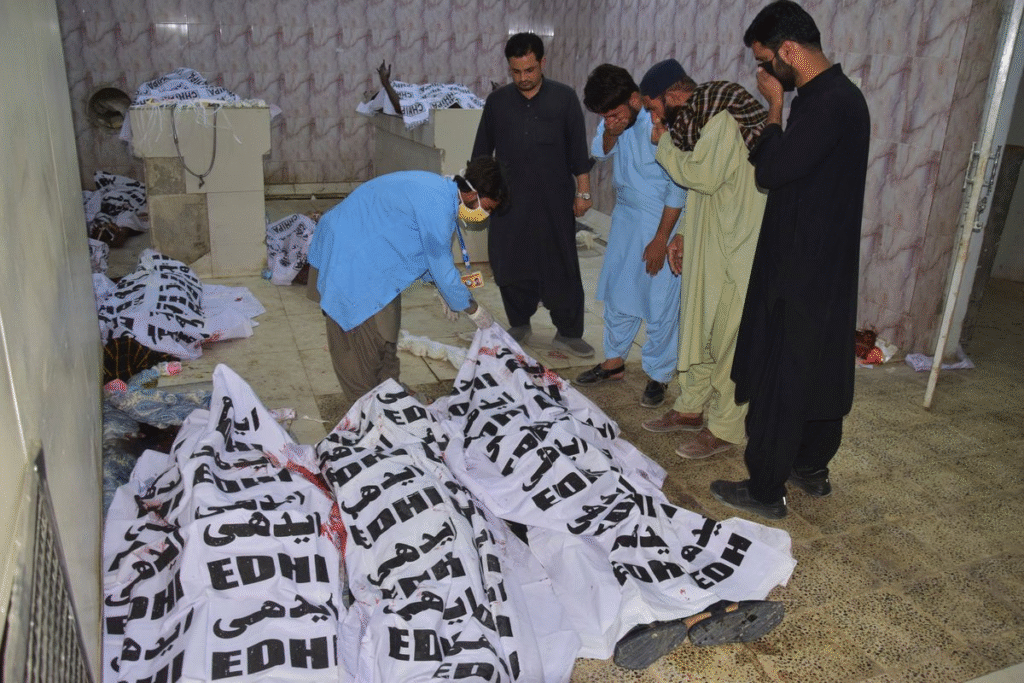
“The reports we have say that the bomb went off in a parking area as the people were leaving the rally,” he said.
Police were investigating the blast, which appeared to be a suicide bombing, police official Athar Rasheed said.
Quetta is the capital of restive Balochistan province, which borders Afghanistan and Iran. Both Islamist militants and Baloch separatist insurgents operate in the region.
Reporting by Saleem Ahmed in Quetta, and Devika Nair in Bengaluru; Additional reporting by Enas Alashray in Cairo; writing by Asif Shahzad; editing by Chizu Nomiyama, Rod Nickel and Mark heinrich
Islamabad, Pakistan | September 4, 2025 – Tragedy struck southwestern Pakistan when a powerful bomb blast ripped through a crowded political rally, killing at least 11 people and leaving dozens more injured, according to officials and local security sources. The deadly attack, which unfolded in a volatile province already grappling with militancy and unrest, has sent shockwaves across the nation and drawn widespread condemnation from political leaders and civil society.

The explosion occurred late Wednesday evening in the town of Khuzdar, located in Pakistan’s troubled Balochistan province, a region long plagued by separatist violence and militant activity. Witnesses reported that the rally had drawn hundreds of people, many of them supporters of a regional political party campaigning ahead of local elections.
Eyewitnesses described scenes of panic as the powerful blast tore through the crowd, shattering the festive atmosphere of the gathering.
“I was standing near the stage when suddenly there was a deafening explosion,” said Abdul Qadir, a rally attendee who survived with minor injuries. “People were screaming, running for cover, and the air was filled with smoke and dust. I saw many lying on the ground, injured and bleeding.”
The bomb, according to preliminary reports, had been planted near the entrance of the rally venue. Officials stated that rescue teams rushed to the scene, transporting victims to Khuzdar District Hospital, while those critically wounded were shifted to Quetta, the provincial capital, for advanced medical treatment.
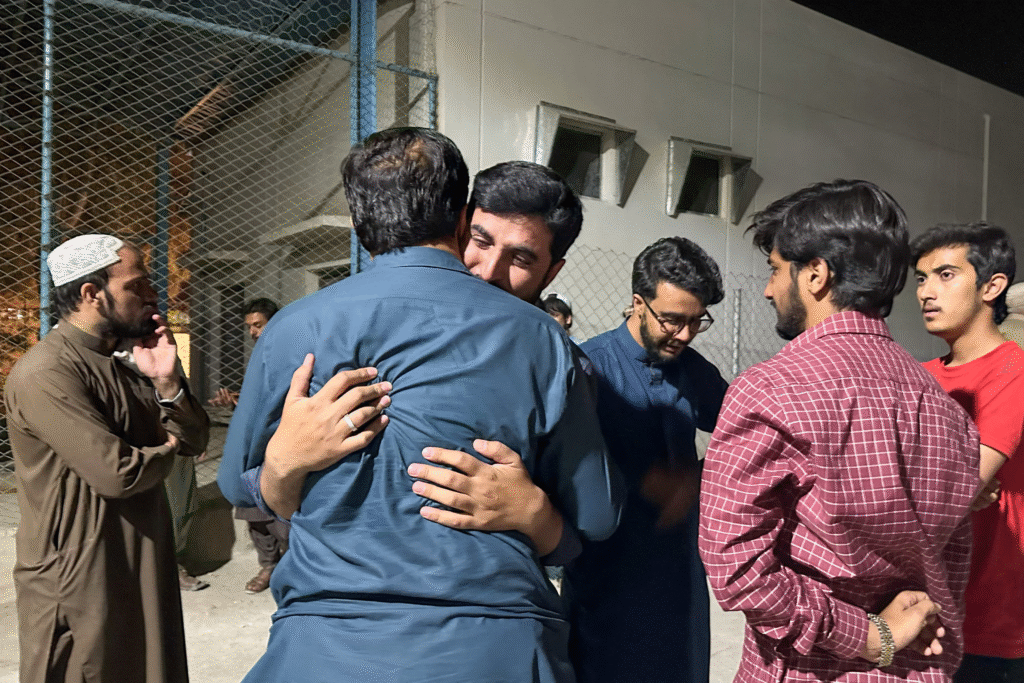
As of Thursday morning, officials confirmed 11 fatalities, including women and children who were caught in the blast. At least 35 people sustained injuries, with hospital authorities warning that the death toll could rise as several victims remain in critical condition.
Emergency services and volunteers worked overnight to clear the debris and provide first aid, while security forces cordoned off the area to begin an investigation.
The Pakistani government swiftly condemned the attack, calling it a cowardly act aimed at destabilizing the country. Prime Minister Shehbaz Sharif issued a statement expressing grief over the loss of innocent lives and vowed that those responsible would be brought to justice.
“This attack on innocent citizens attending a peaceful rally is an attack on Pakistan’s unity and democracy. We will not allow terrorists to succeed in their malicious agenda,” Sharif said.
Interior Minister Rana Sanaullah also announced that a special investigation team had been formed to identify the perpetrators. He hinted at the possible involvement of militant groups active in the region but refrained from naming any organization until evidence was confirmed.
Balochistan has long been a hotspot for violence, with separatist insurgents and extremist groups often targeting security forces, government installations, and sometimes civilians. The province, which borders Iran and Afghanistan, has witnessed frequent clashes between insurgents and the Pakistani military.
Analysts believe that attacks like the one in Khuzdar highlight the fragility of the security situation in the region. Despite government claims of improved counterterrorism operations, militants have shown the ability to strike at will, particularly during public gatherings.
Security experts warn that political rallies are becoming increasingly vulnerable as militant groups seek to exploit large crowds to maximize casualties and media impact.
In the aftermath of the blast, survivors recounted harrowing tales of escape and loss.
“I lost my cousin in the explosion,” said Noor Ahmed, a Khuzdar resident. “He had come to listen to the speeches. Now his body lies in the hospital. Our lives will never be the same.”
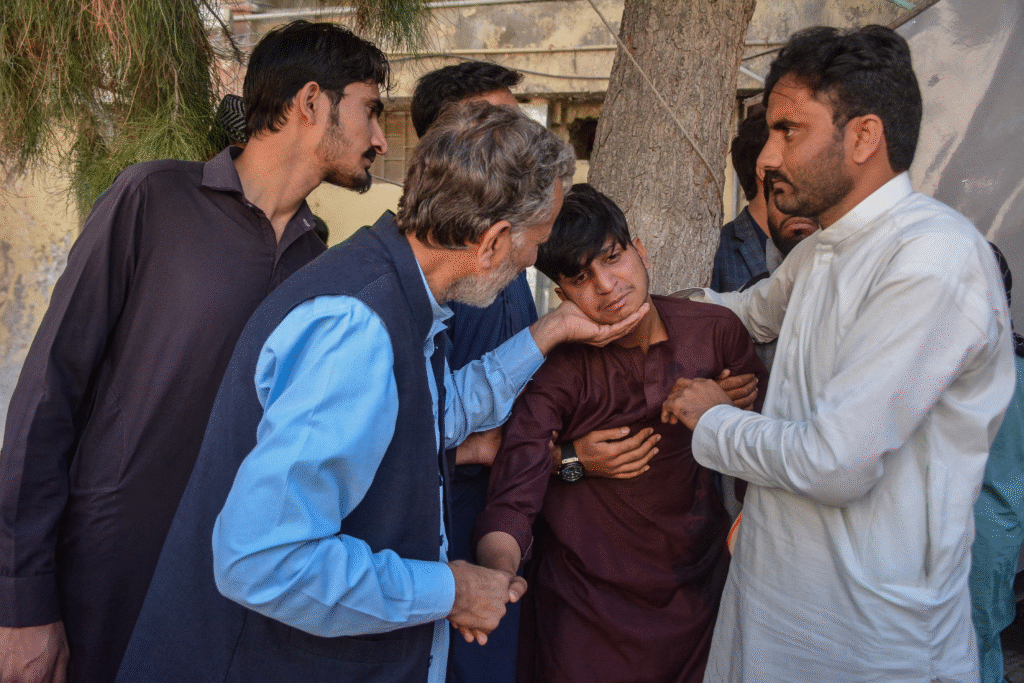
Others described how local residents rushed to help the wounded before ambulances arrived. “People tore their clothes to make bandages, carried the injured in private cars, and did everything they could to save lives,” said a volunteer rescuer.
The international community expressed concern over the latest wave of violence. The United Nations called on Pakistan to ensure the safety of its citizens and step up counterterrorism efforts.
In a statement, the U.S. Embassy in Islamabad condemned the bombing and extended condolences to the victims’ families. “We stand with the people of Pakistan in their fight against terrorism,” the statement read.
Neighboring countries, including India and Iran, also voiced their concern and condemned the attack as a reminder of the urgent need for regional stability.
This attack comes amid rising political tensions in Pakistan, where rallies and protests have become more frequent ahead of the next round of local elections. Security agencies had already warned of potential threats to mass gatherings, especially in conflict-prone provinces.
Observers note that militant groups often intensify their activities during election cycles, aiming to create fear, disrupt political processes, and challenge the state’s authority.
Beyond the immediate casualties, the attack has left a deep scar on the local community. Families are mourning the loss of loved ones, while survivors face the long road to recovery. Hospitals in Khuzdar are overwhelmed, with limited resources to handle mass-casualty incidents.
Charitable organizations have stepped in to provide medical supplies, blood donations, and counseling for the affected families. “These families need not just medical aid but also emotional and financial support,” said a representative of the Edhi Foundation, Pakistan’s largest humanitarian network.
The latest blast underscores the urgent need for enhanced intelligence sharing, stronger law enforcement presence at public events, and improved coordination between provincial and federal authorities.
Experts suggest that unless the root causes of militancy in Balochistan are addressed—ranging from economic deprivation to political alienation—such attacks are likely to continue.
Political leaders have called for unity in the face of terror. “The people of Pakistan must stand together against those who seek to divide and weaken us,” said opposition leader Bilawal Bhutto Zardari.
Read Also : Russia-Ukraine War 2025: Moscow Launches 526 Drones & Missiles Overnight in Massive Strike Across Ukraine


